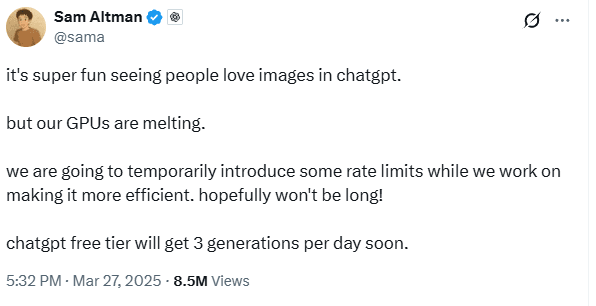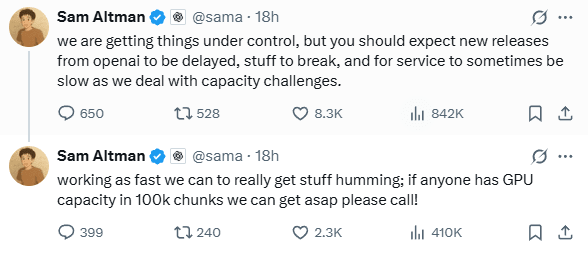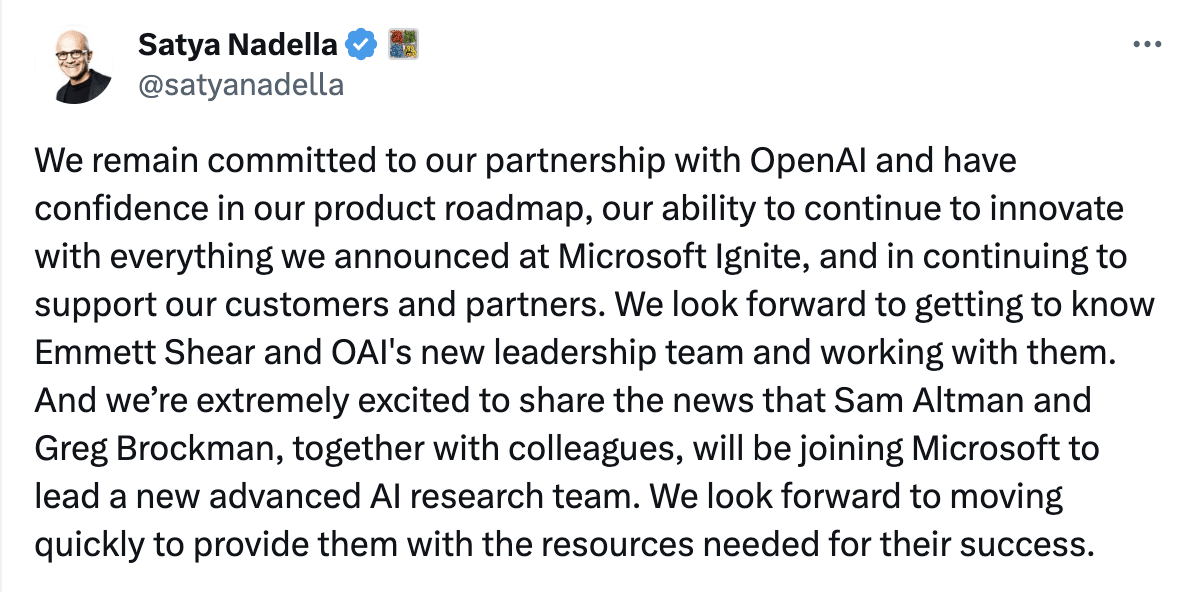Sam Altman, Greg Brockman and others from OpenAI join Microsoft
That's very interesting. I think it's very good that board stood their ground, and maybe a good thing OpenAI can keep focusing on their charter and safe AI and keep commercialization in Microsoft. People that don't care about alignment can leave for the fat paycheck, while commited ones stay at OpenAI. What are your thought on implications of this for alignment?



